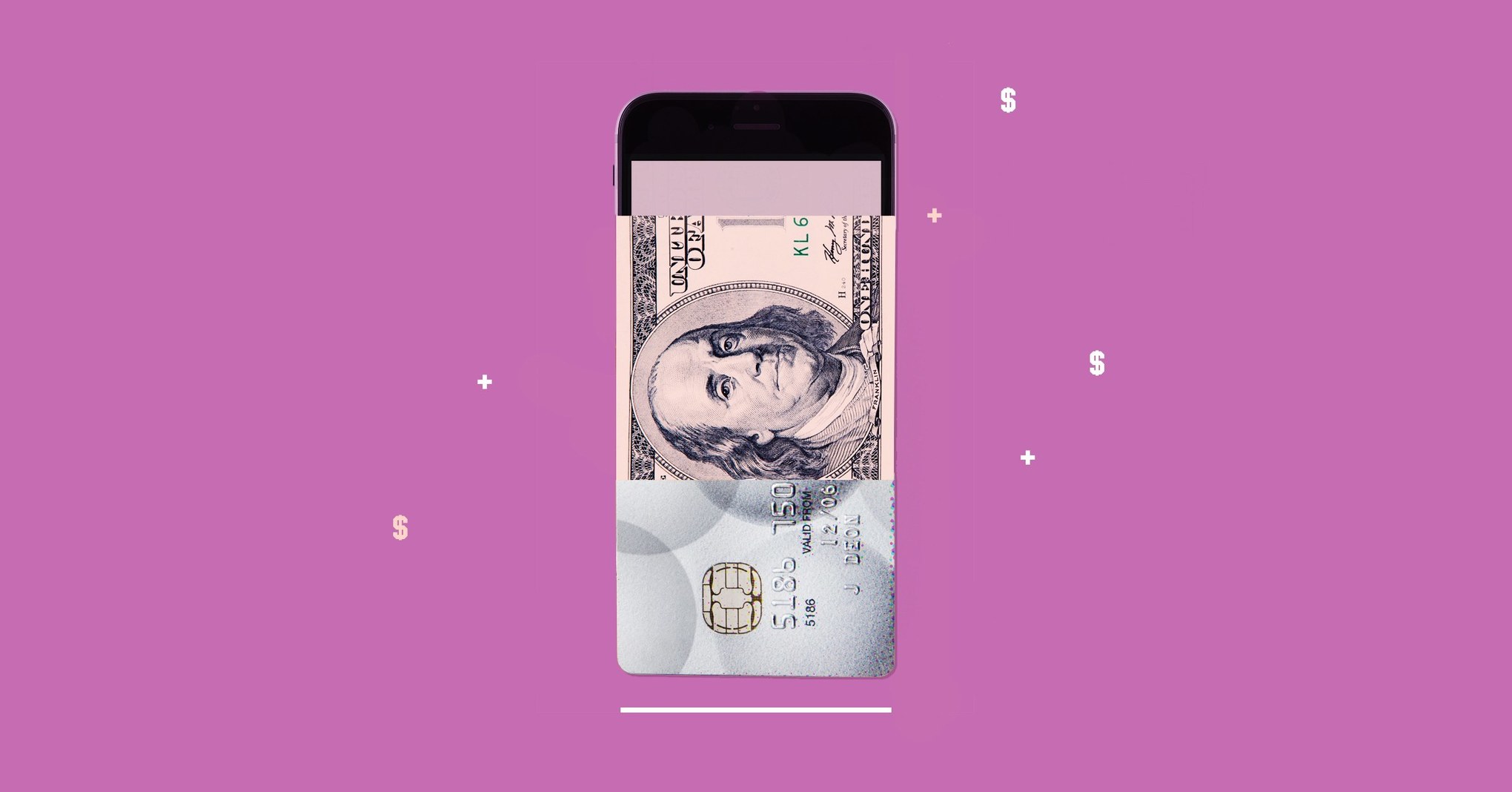The perks here aren’t revolutionary. Apple gives card-owners 2 percent cash back when they use their iPhone to pay, or 1 percent cash back when they swipe the physical card, built not from plastic but from titanium. Purchases at Apple stores earn 3 percent cash back. Sure! Fine.
But don’t be fooled. What Apple is really doing is, as Kapadia says, upending the user experience. Those cash back rewards? They show up the next day, in the Daily Cash app, makes spending money feel like a fun game. You reach customer service through Messages. You can see where a particular charge was made in Apple Maps. Spending summaries show up in beautiful, color-coded graphs, and you use an aesthetically pleasing wheel to decide how much of your balance you want to pay down. It’s all very soothing and makes the act of spending money feel fun, even productive.
What does Apple get out of this? For one thing, it lets its ever-growing ecosystem of apps, services, and hardware take over even more parts of your life. Want to spend money beautifully and seamlessly? You’re going to need an iPhone.
It also gets to shape what the future of spending looks like, in ways both small and big. Consider that a few years ago, the idea of paying for anything with a smartphone would have seemed ridiculous. Now, no one blinks an eye when you tap your screen against a card reader in the check-out line. Oh, you still carry a wallet? How quaint!
Those changes can feel like big wins for you and me. Don’t we all want less friction in our financial transactions? And the big tech companies have a tremendous ability to change how retailers take our money. Apple Pay, which was introduced in 2014, is now accepted as a payment method in 74 of the top 100 retailers in the US; Android Pay and Samsung Pay, which offer similar convenience for non-iPhones, have also grown in popularity.
Imagine how Big Tech could also change the status quo for payment security, by replacing those tired and vulnerable credit card numbers with smarter forms of authentication. Imagine, too, how all of these consumer conveniences might overshadow our suspicions about handing over the finer details of our financial lives to Big Tech. Apple says it won’t snoop on your spending, and that’s nice. But that’s not to say that the next company to issue a credit card—Google, or Facebook—won’t sell your monthly statement to the highest bidder. Data is the new money, but also, money is data.
That’s all to say that what the tech giants do matters when it comes to money and the way we spend it. And it’s not just Apple. There are wild, weird ideas across the land. Forget paying for stuff with your iPhone—Amazon has experimented with a payments system that uses facial recognition to automatically charge you for whatever you take from a store. Facebook is supposedly creating its own cryptocurrency, one FaceCoin to rule them all. WeChat, the Chinese social media platform, has driven cash to near-extinction in China with WePay, its own mobile payments system. Those shifts aren’t just the latest technological fad. They’re changes that will impact our society for years to come.
Sourced through Scoop.it from: www.wired.com



Leave A Comment